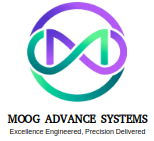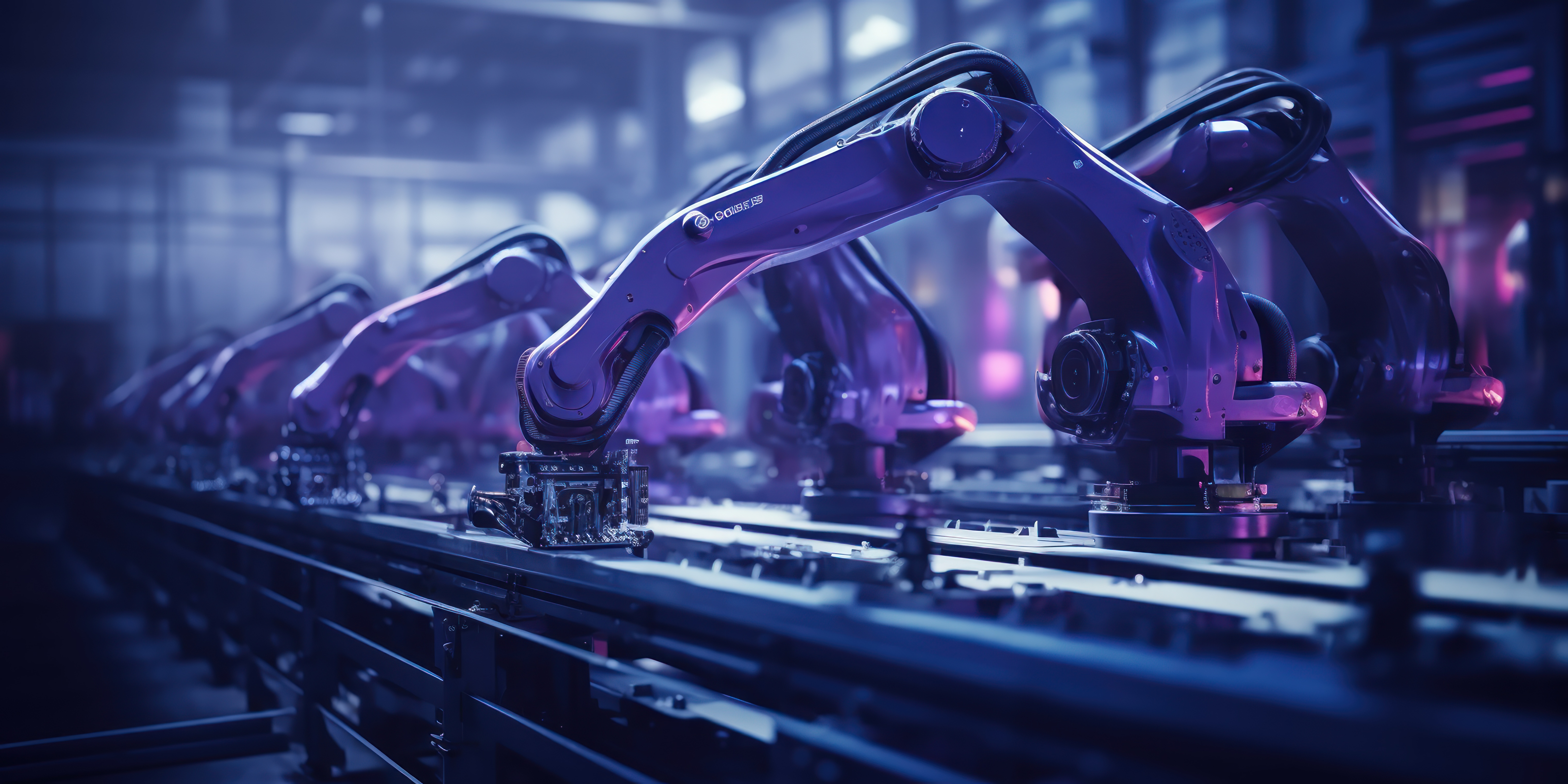The rise of electric vehicles (EVs) has transformed the global automotive landscape, bringing new challenges and opportunities to the automotive components industry. As governments and consumers shift toward greener and more sustainable transportation options, the demand for electric vehicles is skyrocketing. This surge in EV adoption has a profound impact on the production, design, and supply of automotive components. In this article, we’ll explore how electric vehicles are reshaping the automotive components industry and what it means for manufacturers.
A Paradigm Shift in Component Design
Traditional internal combustion engine (ICE) vehicles rely on hundreds of moving parts in their engines, transmissions, and exhaust systems. However, electric vehicles, powered by electric motors and batteries, require fewer moving components. This fundamental difference has led to a shift in the types of components that manufacturers produce.
For instance, electric vehicles do not require components like spark plugs, oil filters, or exhaust systems, which are essential in ICE vehicles. Instead, the demand for new components such as battery management systems, electric drivetrains, and regenerative braking systems is growing. This shift in component demand has required manufacturers to innovate and invest in research and development to cater to the evolving needs of EVs.
Increased Demand for High-Quality Materials
With the increased focus on battery technology, the automotive components industry has seen a surge in demand for high-quality materials, particularly for batteries. The production of EV batteries relies heavily on materials like lithium, cobalt, and nickel, which are critical to their efficiency and longevity. As electric vehicles become more mainstream, the automotive industry is facing pressure to secure reliable sources of these materials.
This shift in materials has also led to a growing emphasis on sustainability. Automotive manufacturers are now exploring ways to produce components that are both efficient and environmentally friendly, which has sparked advancements in recycling and sustainable sourcing practices.
New Challenges in Supply Chain Management
The transition to electric vehicles has introduced new complexities into the automotive components supply chain. Traditional automotive components are now being replaced with parts that require specialized manufacturing techniques and materials, such as high-voltage wiring and power electronics.
Moreover, the global supply chain for EV components is far more complex, as it involves sourcing rare materials from various regions of the world. This dependency on a global network has made supply chain management a critical issue for manufacturers, who must now navigate logistical challenges, trade regulations, and environmental considerations.
Opportunities for Automotive Component Manufacturers
While the rise of electric vehicles presents challenges for traditional component manufacturers, it also opens the door to new opportunities. Manufacturers that adapt to the changing market are well-positioned to capitalize on the growing demand for electric vehicle components.
Battery Technology: Battery management systems (BMS), battery packs, and charging infrastructure components are crucial for EVs. Companies that innovate in this space can expect significant growth opportunities.
Electric Drivetrain: Electric drivetrains are simpler than internal combustion engine systems but require high precision and quality. Manufacturers specializing in electric motors, controllers, and inverters are in high demand.
Advanced Electronics: Electric vehicles rely heavily on advanced electronics, including sensors, control systems, and connectivity solutions. Component manufacturers that produce high-tech electronics are becoming increasingly important to the EV supply chain.
Impact on Jobs and Skills in Manufacturing
The shift to electric vehicles is also transforming the automotive workforce. The components required for EVs are significantly different from those needed for traditional vehicles, leading to changes in the skills and expertise required in manufacturing. As a result, companies need to invest in up-skilling and re-skilling their workforce to stay competitive.
Specialised knowledge in battery production, electric motor manufacturing, and high-voltage systems is now in demand, requiring manufacturers to focus on training and education to keep pace with the industry’s evolution. This presents an opportunity for growth, as companies can position themselves as leaders in EV technology by developing a highly skilled workforce.
Sustainability and the Future of Automotive Components
As electric vehicles become a cornerstone of the automotive industry’s future, sustainability will remain a key focus. The production of EV components must align with the broader goals of reducing carbon emissions and minimising environmental impact.
Manufacturers are increasingly incorporating sustainable practices into their operations, from reducing waste in production to sourcing eco-friendly materials. As the industry moves forward, the focus on sustainability will continue to shape the future of automotive component production.
Final Thoughts
The rapid growth of electric vehicles is reshaping the automotive components industry in profound ways. Manufacturers must adapt to the evolving landscape by developing new technologies, securing reliable supply chains, and investing in workforce development. Those who can innovate and embrace these changes will be well-positioned to thrive in the future of the automotive industry.
At Moog Advance Systems, we are at the forefront of this transformation, offering precision-engineered components designed to meet the challenges of the electric vehicle revolution. As the automotive industry evolves, we are committed to delivering high-quality, innovative solutions that drive the future of mobility.






